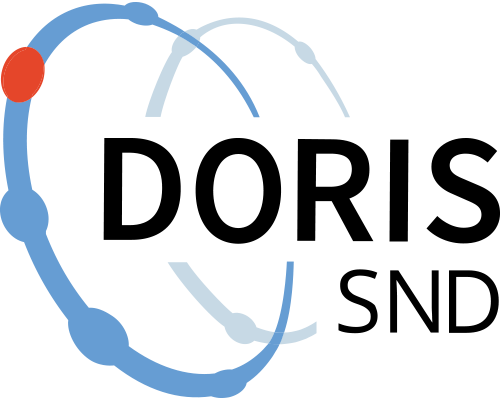Capability ranking among health care related researchers and students at 5 Swedish universities
https://doi.org/10.5878/r2nm-zc35
The capability approach by Amartya Sen (Sveriges Riksbank Prize in Economic Sciences in Memory of Alfred Nobel, 1998) measures quality of life in terms of capabilities; i.e. what individuals can do or be, as opposed to measuring quality of life in terms of wealth or happiness.
Practical considerations limit the number of capabilities that can be taken into account, and what capabilities are most relevant for quality of life may differ between contexts. For example, access to drinking-water is taken for granted by most people in Sweden in contrast to other countries that have areas that suffer from water shortage.
The purpose of the study was to collect information on what capabilities are perceived as important in the Swedish context. The starting point were the following 10 capabilities from a Swedish governmental investigation in 2015 : Time, Financial situation, Health, Political resources, Knowledge, Living environment, Occupation, Social relations, Security, and Housing.
The data was collected with a cross-sectional web based survey among health care related researchers and students at 5 Swedish universities who ranked the 10 capabilities. The data consists of 10 unique ranks assigned to each capability per participant and information on research area, gender, and age group of participants.
Data files
Data files
Documentation files
Documentation files
Citation and access
Citation and access
Data access level:
Creator/Principal investigator(s):
Research principal:
Data contains personal data:
No
